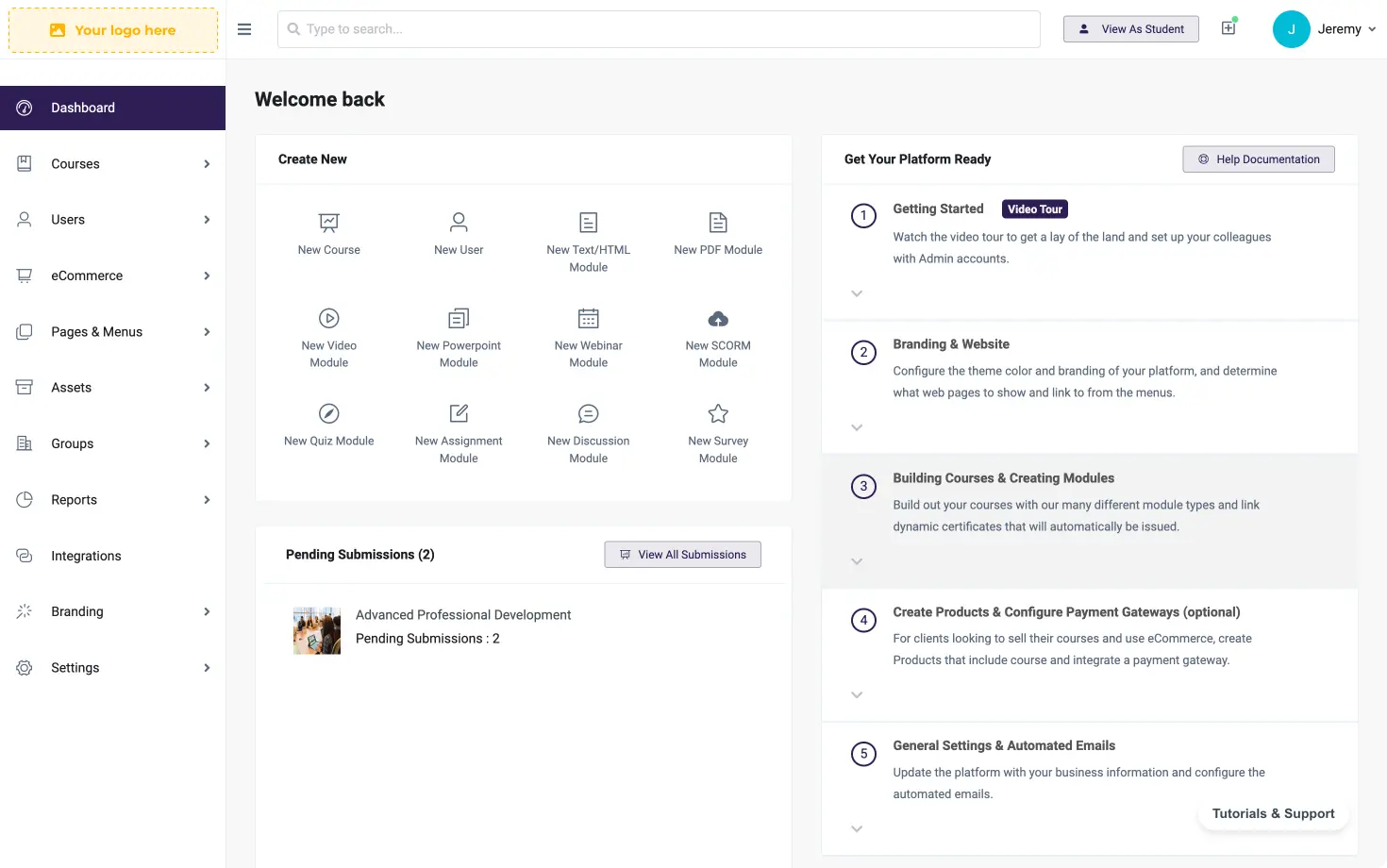Education, eLearning
How to Teach Online Courses: Start By Being Human

Using comparative life-experience analogies to introduce students to new concepts.
Arguably, one of the most important facets of learning how to teach online courses is that you are sharing your knowledge with students from all over the world. There are virtually no limits to how far you can connect with people willing and ready to learn what you are aiming to teach them. But are you ready to teach them?
The fact that you have a global reach means that you will be presenting content to students coming to you from a myriad of different backgrounds, education levels, life experiences, and day-to-day cultural realities. They will be coming to you with different levels of understanding concerning the content that you will be presenting them with: some of your students will have already been well-versed in the subject matter that you will be instructing them in, whilst others may be completely fresh-faced and new to the material, having never had an experience with it prior to enrolling in your course.
Keep in mind that this is also all on top of the learning concept that we have discussed previously concerning Howard Gardner’s theory of multiple intelligences (Multimedia for Multiple Intelligences). So how do you further connect with your students to ensure that they are getting the most out of your course, regardless of their previous experience with the content that you are providing them with?
One way that you can do this is to use examples in your lessons that can relate to the life experiences that your students may have already had, regardless of their previous experience with your specific content. You will most undoubtedly need to provide examples in your lessons anyway, since you will be concerning yourself with improving the content retention amongst your students to maximize their benefit from taking your course.
You’re a Subject Matter Expert… But Also a Human Being
But if your examples are about apples, how will your students understand what you are explaining to them if all they are familiar with are oranges? The answer lies in realizing that as a teacher, you are not only a subject matter expert, but you are also a human being!
There are many experiences in life that we share with millions of others around the world, without ever having set foot in each other’s homes, countries, or continents. To say that certain realities in life are universal may seem clichéd and trite, but there is a reason why they have endured in many forms of media – it is because it works on a certain level for many different people.
Relating to Students on a Human Level Helps Them on an Educational Level as Well
But you do not have to follow common convention to create any of the examples that you decide to use to further illustrate the content of your course. Instead, you should look to relate to your students in a way that has not been done before by teachers they have encountered in the past. A good way to do this is to just be human with your teaching, understanding that your students see you as both a teacher and as a person. If you can go out of your way to relate to them on a human level, it will go a long towards reaching them at a teacher/student level as well.
However, to avoid cliché, stay away from platitudes such as “from the beginning of time,” or “it has always been said,” or other such tired conventions often overused in Hollywood and other mass- market media sources. Your students will see right through this type of material, and you may lose their trust. But do not lose your motivation to connect with them!
An Example
An example of a life-experience analogy I have used involved explaining the British monarchy in its relationship to former British colonies like Canada, Australia, and Jamaica. To help explain that difficult and contentious legal concept, I drew a comparison to a grandmother who comes to visit you in your home. You realize that your household comes from her lineage, she is still present in your life through the occasional visit, you may even respect a little of what she still has to say to you and your family when she visits, and as one of her many grand- children, you still do your small part in helping to support her both morally and financially as she ages.
Yet you both understand that she no longer has a real say in the day-to-day affairs of your household, that you still respect your history garnered from her, regardless of what future your family has with or without her in your lives, and that any advice she shares is completely up to you to either regard or dismiss as you see fit.
An example like this puts an abstract legal concept into terms that many people are more likely to understand, despite never having any previous experience discussing legal issues surrounding the British monarchy and its former colonies before.
Once there is a context that your students can explore new concepts within, the more likely they are to grasp further material that builds upon and progresses from those new ideas within the terms that you choose to teach them. Using this tactic to turn apples into oranges will truly allow you to be a teaching magician!
